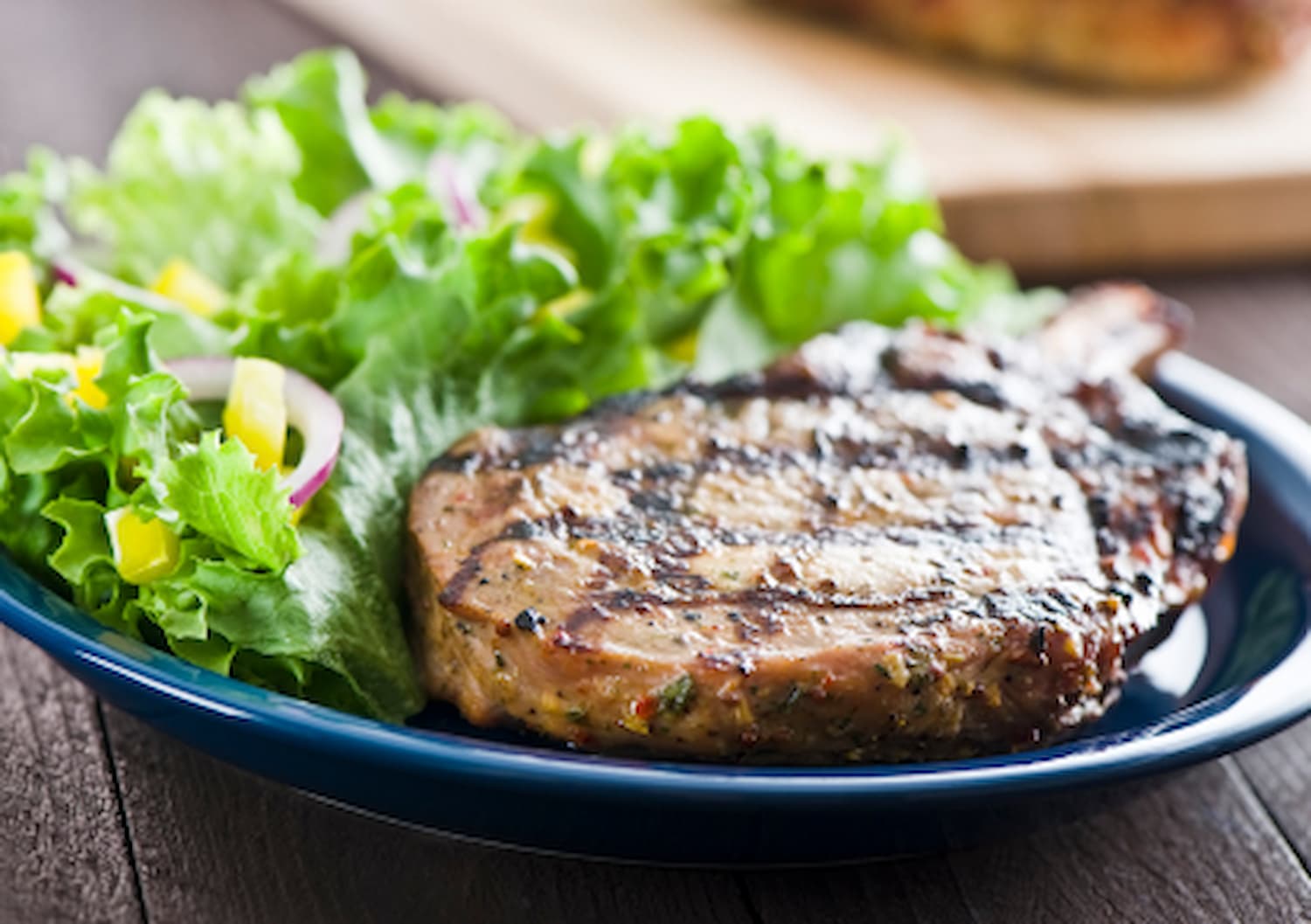
You may have iron deficiency anaemia or another type of anaemia if you frequently have cold hands and feet, shortness of breath, headaches and chest pain. Anaemia is a blood-related disorder caused by low iron levels in the body. It can affect people with a chronic disease, pregnant females and even healthy people whose diet is insufficient of iron content. Iron deficiency not only causes fatigue, but it also raises your risk of heart disease or chronic heart failure.
There are many contributing factors to this health condition, including chronic blood loss; medical conditions that cause poor absorption of iron, such as coeliac disease; and nutritional deficiency, among others.
How does your diet cause anaemia?
Your chances of developing anaemia are determined by what and how you eat. While eating more fruits and vegetables improves both the mind and the body, a vegetarian diet alone will not be able to maintain normal levels of iron in the body. Take note of the dietary determinants of anaemia, such as:
- Low consumption of organ meats and lean meat, which are an excellent source of heme iron
- Inadequate source of vitamin C, which reduces heme and non-heme iron absorption
- Low non-heme iron absorption, a type of iron that comes from plant sources such as kidney beans, sesame seeds and whole grain products
If you're in search of an effective treatment for iron deficiency that has led to anaemia, whether it's iron deficiency anaemia, pernicious anaemia (B12 deficiency anaemia) or megaloblastic anaemia (folic acid deficiency anaemia), consuming iron-rich foods is key.
Foods for anaemia
Symptoms of anaemia resolve when the body is nourished with additional amounts of iron, vitamin C, folic acid and vitamin B12 that are sourced from a balanced diet and daily iron supplements. The body needs two types of iron, namely heme iron and non-heme iron. The first is called as such because this form of iron is taken from animal sources.
Heme iron is a richer source of iron for the body as it is more available for absorption. Foods rich in heme iron include:
- Beef
- Beef liver
- Chicken liver
- Clams
- Mussels
- Oysters
- Pork liver
- Sardines
- Shrimp
- Turkey
Whilst not as available to the body for absorption, non-heme iron is still a good source of iron and may be sourced from plant-based foods such as:
- Baked potato with skin
- Blackstrap molasses
- Canned asparagus
- Canned beans
- Cooked beans and lentils
- Enriched breakfast cereal
- Pumpkin seeds
- Black beans
- Legumes
Source: Nutrition Advance
Foods that enhance iron absorption include:
- Oranges
- Cantaloupe
- Strawberries
- Grapefruit
- Meat/fish/poultry
- Broccoli
- Brussels sprouts
- Tomato
- Potato
- Green & red capsicum
While eating whole citrus fruits is highly recommended for quick absorption of iron, drinking one cup of orange juice or lemon juice has been shown to speed up the body's ability to absorb the necessary dietary iron intakes.
Foods that may contribute to anaemia
If there are many food sources for maintaining adequate iron stores, there are also those that can increase the risk of iron deficiency anaemia. The following foods may contribute to anaemia by inhibiting iron absorption in the body:
- Tea
- Coffee
- Wheat bran
- Tofu
- Rhubarb
- Chocolate
- Soft drinks
- Red wine
- Ice cream
- Dairy products
It is also worth noting that smoking should be avoided as it depletes the body of the vitamin C required for efficient iron absorption.
Iron supplementation
Along with a good dietary plan, your health practitioner may also recommend a dietary supplement to provide your body with additional iron, allowing for the easy and even distribution of oxygen-rich blood and nutrients to different organs and tissues and, ultimately, treating symptoms of anaemia. When taking daily iron supplements, it is important to remember:
- To take them on an empty stomach for optimum absorption.
- To avoid taking them with foods that may inhibit iron absorption (see list above).
- To delay the ingestion of other medications for a few hours after taking the supplemental iron.
- To continue with the supplement regimen for a minimum of three months (for optimum results).
If you are interested in finding out more information on how nutrition may assist anaemia, please speak to a qualified nutritionist or naturopath.
Check out other effective natural anaemia treatments.
Originally published on Sep 30, 2010








